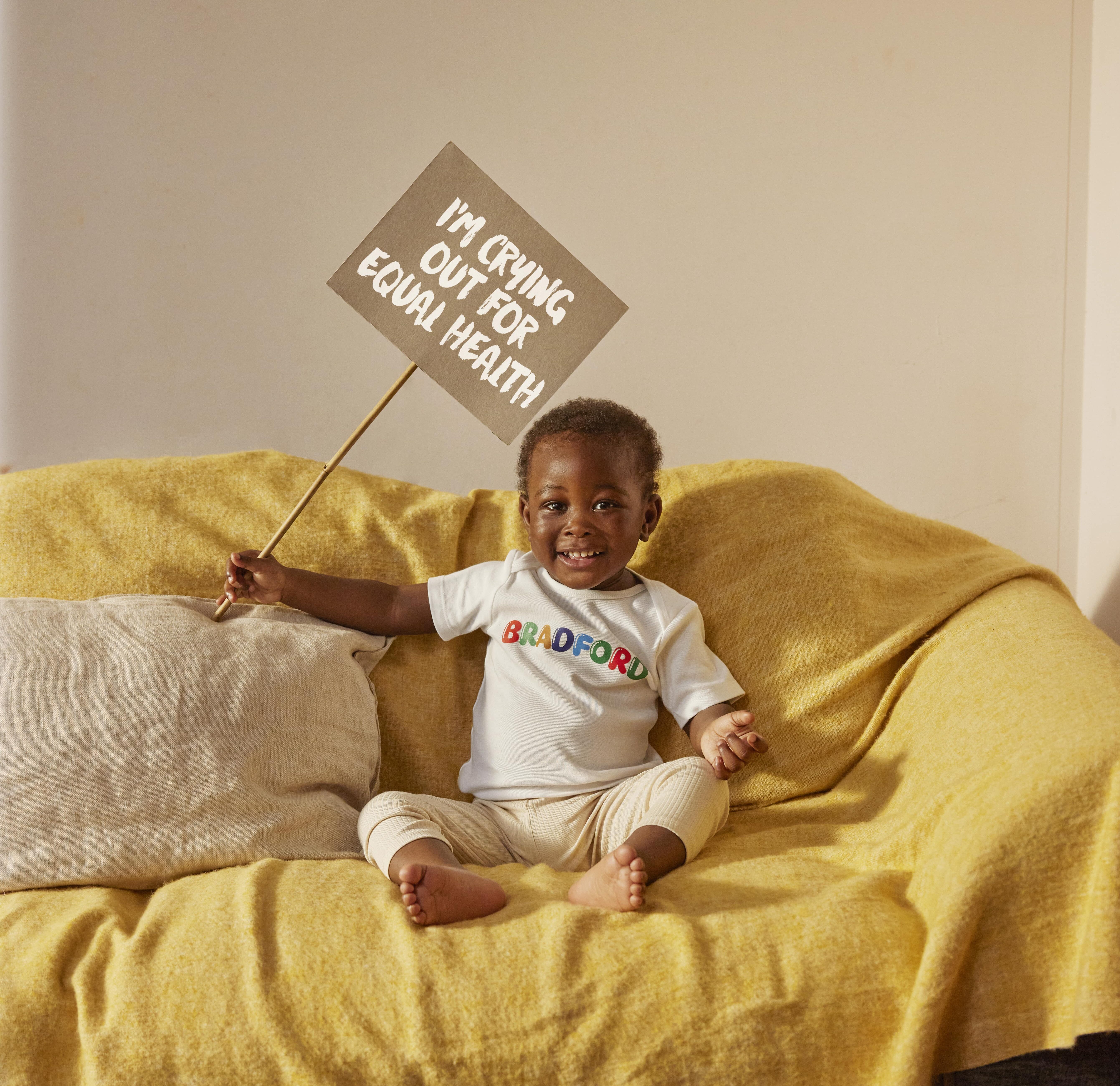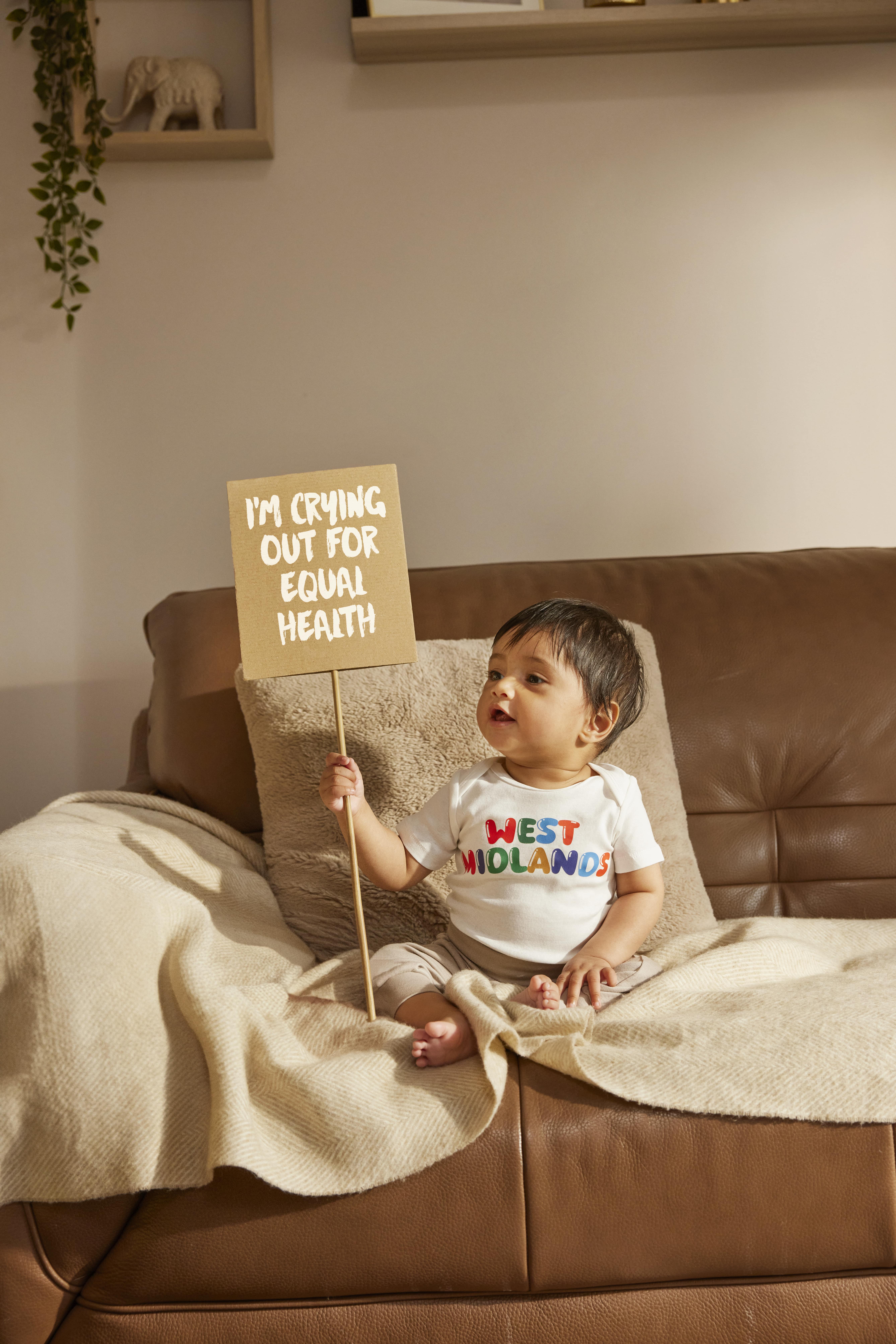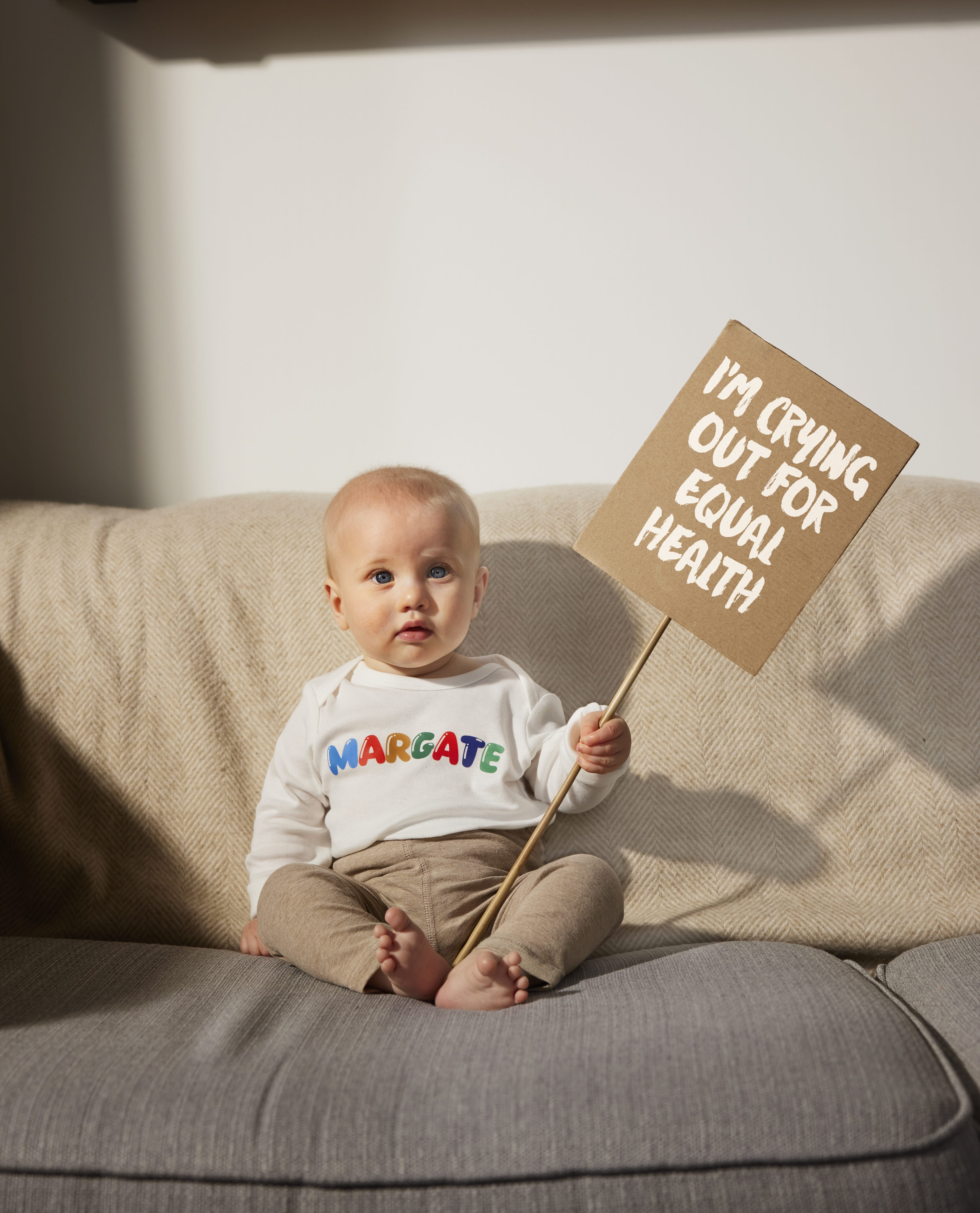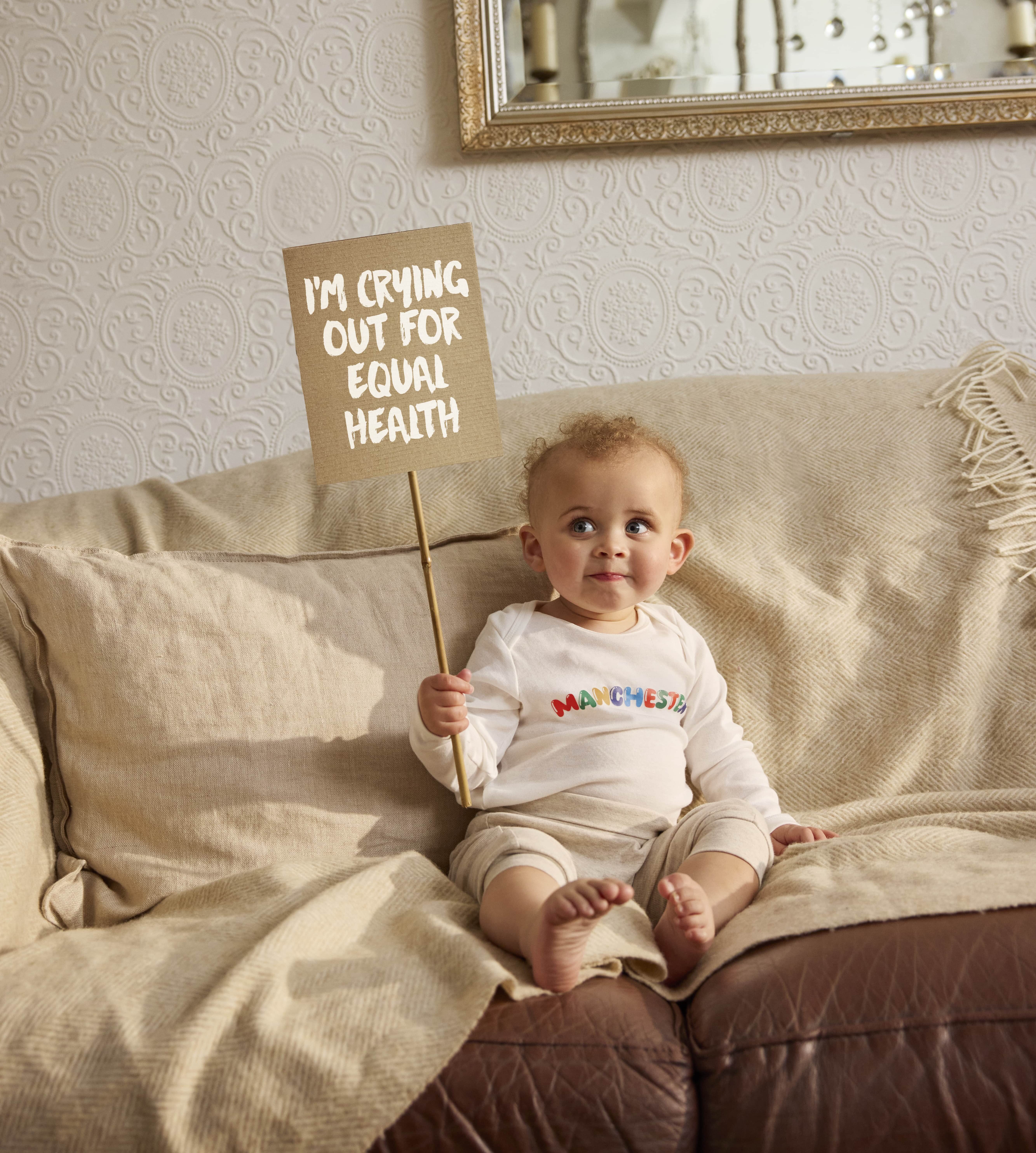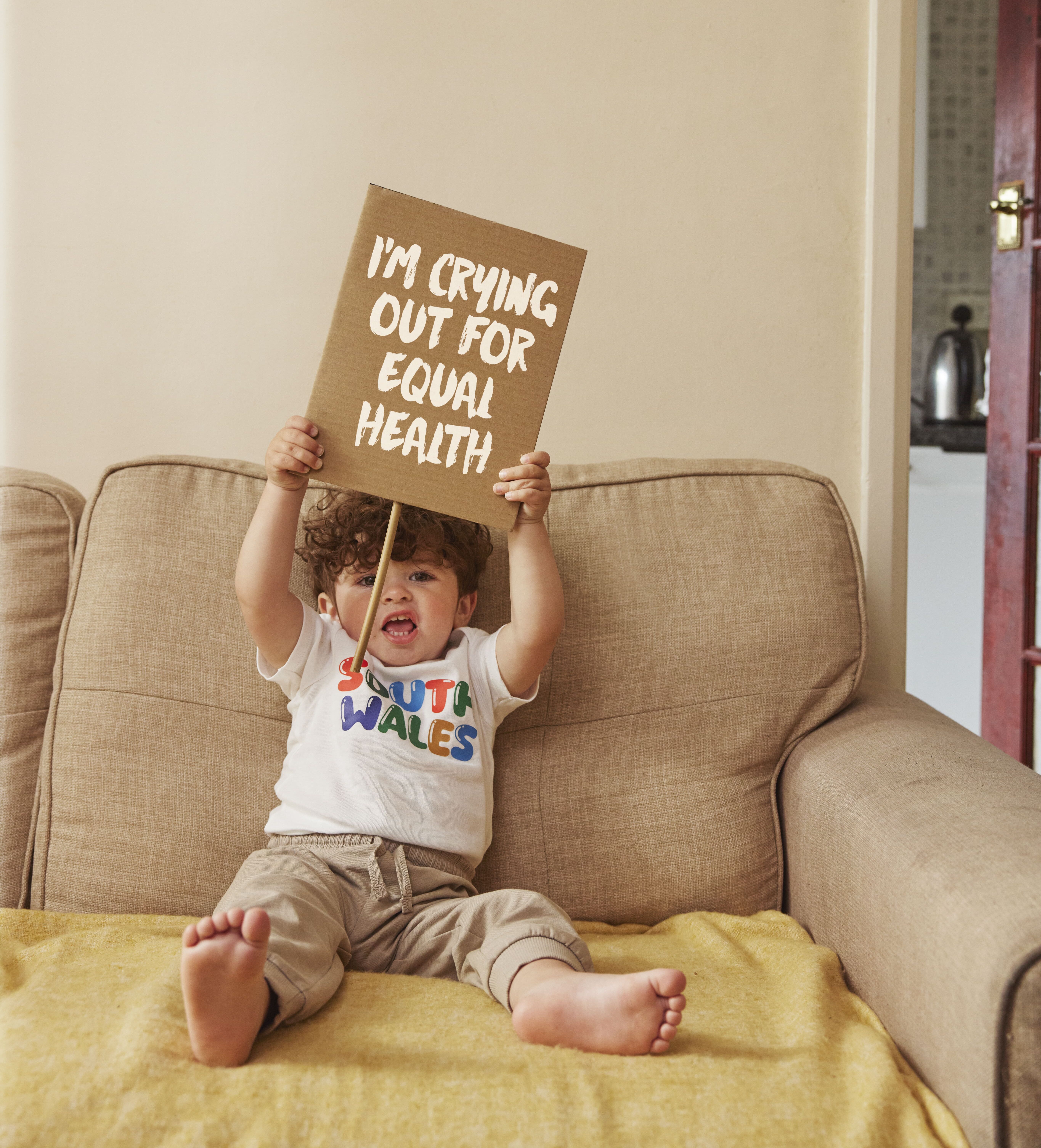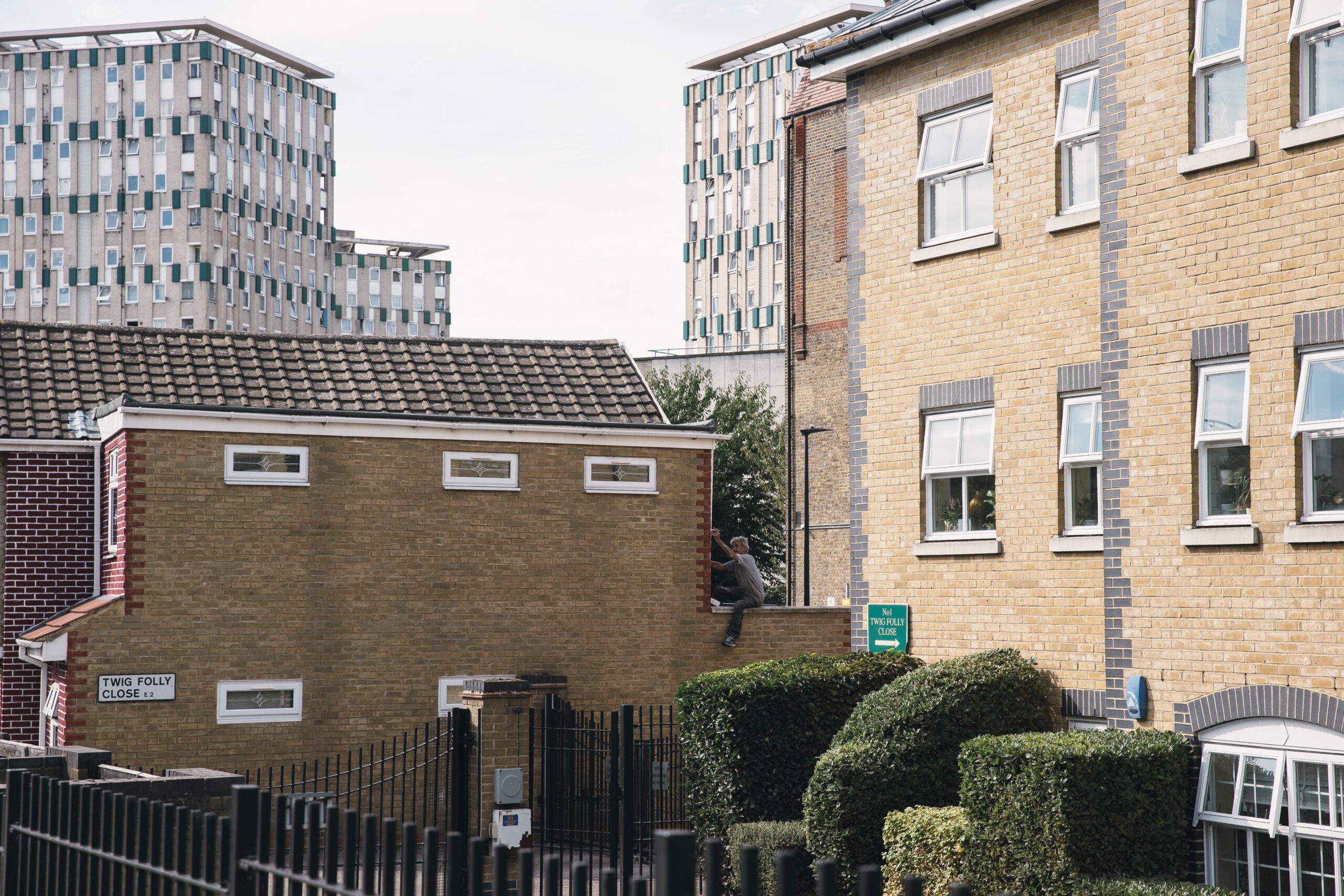Charities demand action on UK’s 16-year life expectancy gap
- New data reveals the areas the public want the next government to focus on to improve the nation’s health: better access to healthy food, more affordable and quality housing, improving air quality and greater access to green spaces.
- Public invited to sign Health Equals’ petition and call on parliamentary candidates to commit to tackling health inequalities.
Wednesday 26 June 2024: TODAY, campaigning coalition, Health Equals, is calling on the next Government to fix the stark health inequalities that are cutting thousands of lives short across the UK every year.
Currently, where you’re born in the UK can cut your life short by up to 16 years because of factors like income, housing and air quality. And evidence shows that these health inequalities are getting worse.
New research (published today) commissioned by Health Equals, a coalition of 27 organisations including Mind, the British Red Cross, Citizens Advice Bureau, Shelter, Crisis and the Joseph Rowntree Foundation, revealed people with lower paid jobs were most likely to say that their income and housing were negatively affecting their health. Those in the lowest skilled occupations were nearly 70% more likely to say that housing is impacting their health, and nearly 50% more likely to say that low income is impacting their health, compared to those in the highest skilled occupations.
With just eight days to go until the General Election and ahead of the final leaders’ debate tonight, Health Equals is calling for the new Government to recognise the importance of the building blocks of health – stable jobs and pay, good quality and affordable homes, and neighbourhoods with green spaces and clean air – and make them a priority across Government. The coalition is calling for cross-government action on prevention, targets to be set, and for the Government to be held to account in tackling inequalities and reducing the gap in life expectancy across the UK.
The urgent appeal comes as research also found that amongst the general public, low income (30%) and unhealthy diets (30%) are cited as believed to have the most negative impact on our health. When asked which of the building blocks of health people would like to see the next Government take action on to improve health, 47% of adults polled selected ‘access to healthy food’ in the top three actions, closely followed by ‘more affordable, quality housing’ at 46% and 39% selected ‘improved air quality and access to nature/green spaces’.
Health Equals has launched the #MakeHealthEqual campaign to highlight the scale of the current disparity in life expectancies. 50 babies highlighting the full spectrum of life expectancies in towns and cities from across the UK feature today in the ‘youngest ever protest’ at London’s Southbank, crying out to be the first generation in the UK that won’t experience health inequalities.
Paul McDonald, Chief Campaigns Officer, Health Equals, said:
‘It’s scandalous that in the UK today where you’re born can cut your life short by as much as 16 years.
‘Our health is shaped by the world around us – from the money in our pockets, to quality homes that are warm and safe, stable jobs and neighbourhoods with green space and clean air. But these essential building blocks of good health aren’t available to everyone.
‘While individual choices and access to health care do impact our health, evidence shows these building blocks have a far stronger impact.
‘Too many parts of the UK are at risk of being ‘left behind’ without policies that support these building blocks of health and wellbeing. It’s not right but we can change it. The time is now to call on the new Government to Make Health Equal.’
Darren McGarvey, author, musician and social commentator, supporting the campaign said:
‘I grew up in Glasgow in poverty and have first-hand experience of homelessness and addiction. We still haven’t got the fundamental building blocks in place to support people; where you are born shouldn’t mean you could have a lower life expectancy in today’s society.
‘The work that Health Equals is doing is vital – having access to things like stable jobs, clean air and safe housing should be a right not a privilege. The Government must make this a priority, and everyone can play a part in driving change by visiting healthequals.org.uk to sign the petition and ask your parliamentary candidate to commit to tackling health inequalities.’
Frank Soodeen, Director of Communications and Public Engagement at the Joseph Rowntree Foundation said:
‘The health divide in this country is cutting the lives of the poorest short. Just as a stable income is a building block of good health, a life spent living in poverty is extremely detrimental to one’s health.
‘From making decisions on what food to buy to the homes people can afford to live in, poverty can and does lead to life-shortening health outcomes.
‘The nation’s health will only improve when we have a plan to tackle poverty.’
Augustina from Manchester, who has first-hand experience of living in poor quality housing, said:
‘My family and I lived in Manchester for 13 years in a house in disrepair. My daughter had serious asthma and the mould in our house was bad, especially in the bathroom, which made her asthma worse.
‘When I told the landlord about this all he said was “clean it yourself”. He didn’t do anything about it. I had to buy bleach and brushes and clean the walls and the ceilings all the time. There were holes all over the walls and the skirting and mice would go into the children’s bedrooms at night – it was affecting their sleep, their school. The condition of my home affected my mental health a great deal. When people say they wanted to visit, I felt ashamed and embarrassed so I would turn them down.
‘We complained to the landlord about the damp and mould, mice, the fire alarms not working, parts of the ceiling falling in, but he didn’t do anything about it at all. Eventually we moved somewhere else which is in much better condition. Tenants don’t get what they deserve, what they pay for every month. We shouldn’t have had to move just for our conditions to improve.’
Visit the campaign page to sign the Health Equals petition and ask your candidate to commit to tackling health inequalities.
Let’s #MakeHealthEqual.
Notes to Editors
For more information and interview requests with spokespeople and case studies contact: [email protected]
Life expectancy data
Sources:
- Health Foundation analysis of Office for National Statistics, Life expectancy at birth for Middle layer Super Output Areas, England, 2015-19; Office for National Statistics, Life expectancy estimates, all ages, UK, 2017-19.
- Comparing percentage increase in those who select that ‘income and housing’ are top 3 factors negatively impacting health, between Casual or lowest grade workers, pensioners, and others who depend on the welfare state for their income and Higher managerial, administrative or professional.
Notes:
- Data for England covers 2015-19 and data for Wales, Scotland and Northern Ireland covers 2017-19.
- The data provides life expectancies estimated at postcode district level – this is estimated as an estimate of the life expectancies in the relevant Middle layer Super Output Areas/local authorities which lie within a postcode district.
- Values are an average of male and female life expectancy values in each area.
- We have taken an average of the 10 postcode districts with the highest life expectancy (90), and the average of the 10 postcode districts with the lowest life expectancy (74). This provides us with our leading headline figure of the 16-year gap in life expectancy across the UK.
The 10 lowest postcodes:
- FY1 73 – Blackpool
- CH41 74 – Birkenhead
- TS1 74 – Middlesborough
- TS3 74 – Middlesborough
- BD1 75 – Bradford
- BL78 75 – Bolton
- HU1 75 – Hull
- HU2 75 – Hull
- HU3 75 – Hull
- L20 75 – Liverpool
The 10 highest postcodes:
- EC4M 90 – City of London
- EC4N 90 – City of London
- EC4R 90 – City of London
- EC4V 90 – City of London
- EC4Y 90 – City of London
- SW1X 90 – Belgravia
- W1H 90 – Marylebone
- W8 90 – Kensington
- EC3B 91 – City of London
- SW7 91 – South Kensington
Attitudinal research
The research was conducted by Opinion Matters among a sample of 2,001 Nationally representative UK respondents (aged 16+) The data was collected between 10.06.2024 – 12.06.2024. Opinion Matters abides by and employs members of the Market Research Society and follows the MRS code of conduct and ESOMAR principles Opinion Matters is also a member of the British Polling Council.
Additional Health Equals member quotes
Polly Neate, Chief Executive of Shelter said: ‘At Shelter we see the toll that housing can take on people’s health all over the country. Whether that is damp and mould causing respiratory problems, or the threat of eviction weighing on people’s mental health.
‘That’s why the work of Health Equals to level the playing field and tackle inequalities is so important. We need the next government to prioritise real change that supports and empowers people, part of that must include ensuring everyone has a safe, decent and affordable home.’
Larissa Lockwood, Director of Clean Air at Global Action Plan, said: ‘Air pollution is the biggest environmental threat to our health, but its harms are not felt equally. People may be exposed to higher levels of air pollution because of where they live – for example, in a town or city, or near a busy road. The poorest communities often live in the most polluted areas, and children, older people and people with health conditions are more at risk. The solutions to our air pollution problem already exist. We need our next government to commit to reducing health inequalities and taking urgent action so that we can all breathe cleaner air.’
Anna Taylor, Executive Director, Food Foundation said: ‘This timely new research from Health Equals reinforces the critical need for greater government action to improve access to healthy food given that this issue is of such importance to citizens across the UK. Last week, The Food Foundation published a new report revealing a shocking deterioration in children’s health due to poor diets: children are getting shorter, obesity and type 2 diabetes levels among them are escalating drastically, and healthy life expectancy has decreased by approximately a year for children born today compared to a decade earlier. With four of the top five risk factors for poor health related to diet, urgent and more effective policy is essential to help people eat a healthy diet and reverse this unacceptable trajectory – in doing so, policymakers can help prevent poor health from detrimentally impacting our workforce, economy, and healthcare system. Furthermore, drastic inequalities in health between the most and least deprived in the population illustrate that ensuring the least well off in our society can afford to eat a diet that provides essential nutrition is crucial. As we draw closer to the election, it is imperative that all political parties commit to take actions to ensure that all families across the UK can afford and access the food that they need.’
Jabeer Butt OBE, CEO at Race Equality Foundation said: ‘The post-Second World War mission to end the differences in life expectancy is clearly shown by this data not to have been achieved. Whilst this data does not show us whether and how the experience of people of Black, Asian and minoritised ethnic backgrounds, it is likely to be comparatively poorer. For instance, during the first wave of COVID-19, we know that Black men were twice as likely to die from the infection compared to White British men, and 70 percent more likely during the second wave. Although people of South Asian heritage represent 1 in 13 of the population, they accounted for 1 in 10 of deaths. We support the Health Equals call cross Government action to address the severe health inequalities that cut thousands of lives short across the UK each year. Through collaboration, we aim to improve the health outcomes of Black, Asian, and minoritised ethnic individuals.’
Dom Higgins, Head of Health and Education at The Wildlife Trusts said: ‘Too many people live in polluted, nature-deprived neighbourhoods, and it is cutting lives short. This is unacceptable – but it is also avoidable. The Wildlife Trusts support a call for cross Government collaboration which recognises the critical role that a healthy, natural environment plays, alongside the other building blocks of health.’
John Hume, Chief Executive, People’s Health Trust said: ‘We need to stop people dying too young because they don’t have essentials like a safe and secure home, enough income to live on or a good job. Our new government must urgently work to close this unjust gap by making the building blocks of health a priority across government.’
Additional supporters and stakeholders
Peter Babudu, Executive Director, Impact on Urban Health, commented: ‘Urban areas, like where we work in the London boroughs of Lambeth and Southwark, are places where poverty and affluence sit side by side – and where people who live only streets apart can be worlds apart in their health. Alongside the vibrancy and diversity in towns and cities sit stark health inequities. As the Make Health Equal campaign sets out, addressing these inequities means removing the obstacles to good health and making urban areas healthier places for everyone to live – no matter where they live.’
Rachel Power, Chief Executive of the Patients Association, said: “Good health is not a matter of good luck. Where you’re born, the education you receive, your housing and your job all have an influence on your health and well-being. It’s a fact that those of us who are most unwell, experience wider health inequalities and are at the greatest risk of poor health outcomes.. We support the Make Health Equal campaign and the call on the next Government to adopt a health-in-all policies approach to tackling health inequalities. Even the best healthcare can only have so much impact if wider governmental policies damage or fail to promote good health.’
About the stunt; Britain’s Youngest Protest
To create Britain’s Youngest Protest, Health Equals travelled the country with renowned photographer Emli Bendixen, to photograph 50 babies in 50 homes; a snapshot of the country and a time capsule of our newest generation. Each baby wore a onesie with their hometown written on it, and their photograph was turned into a placard with their life expectancy etched on it. Standing 8 feet tall, and each placard being A0, together the 50 babies create a protest that is hard to ignore.
